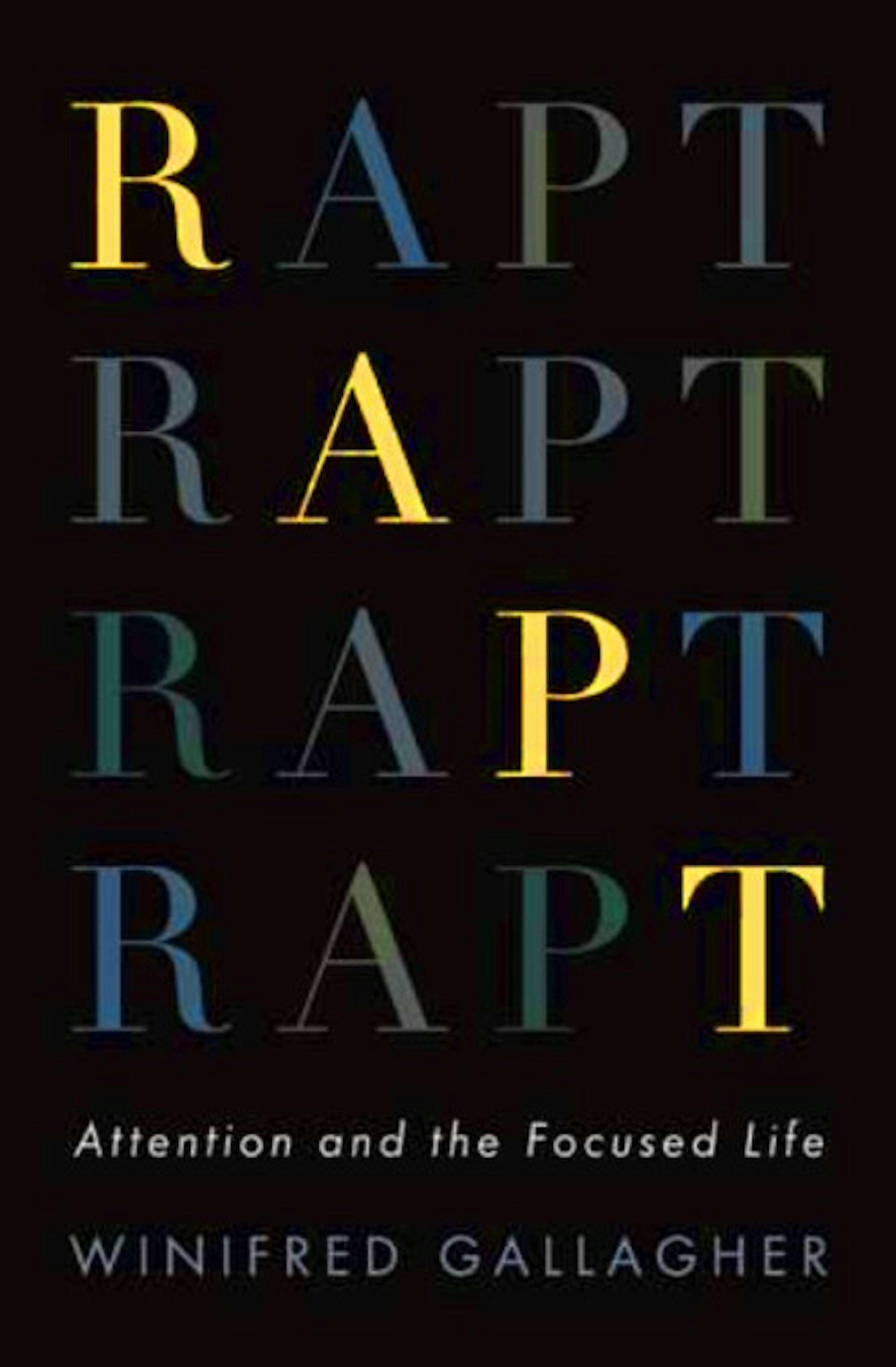Look around this campus, and you'll see legions of the constantly distracted. In the interest of maximizing their every waking moment, phalanxes of students frantically load up their Collis salads while making plans via BlackBerry, and maniacally flip through sets of flashcards propped up on their elliptical machines.
In the library, while they may appear to be powering through papers for class, these students are actually transfixed by YouTube clips of "Britain's Got Talent" sensation Susan Boyle.
If we think that we're salvaging our sanity by mingling work and play, we couldn't be more wrong, Winifred Gallagher explains in her book "Rapt: Attention and the Focused Life" (Penguin, 2009).
"Collective ADHD," one of the topics of Gallagher's book, threatens the well-being of people all around the world. Rather than blaming technology for our struggle to focus, or looking for a quick pharmaceutical fix when we really need to concentrate, Gallagher encourages her readers to exercise some old-fashioned self-control, realize that our use of technology is our own choice, and train our minds with the same diligence with which we train our bodies.
Gallagher gathers evidence from behavioral and positive psychology as well as neuroscience, recommending a recovery plan based on mindfulness and optimism.
Part self-help and part popular science, Gallagher's book was inspired by her own fight with cancer, when she says she learned that maintaining sanity meant guiding her focus away from her illness and towards simple pleasures. Perhaps because the book's inspiration comes from such an important part of her own life experience, Gallagher tends to preach rather than reason with her reader.
It's refreshing to get some bracing advice rather than the love-yourself coddling that too many self-help books provide. But a lot of what Gallagher has to say seems like common sense. We don't need a study to prove that worrying too much about personal happiness is counterproductive. And any reasonable person knows that there's a limit to the number of things to which you can commit your attention even if we can spin while studying.




![HONEYJOON_[Ines Gowland]_4.PNG](https://snworksceo.imgix.net/drt/7af2efc8-1bd1-4001-b754-e2718ce663b8.sized-1000x1000.PNG?w=1500&ar=16%3A9&fit=crop&crop=faces&facepad=3&auto=format)